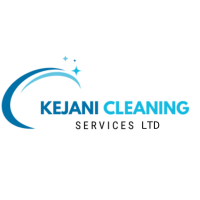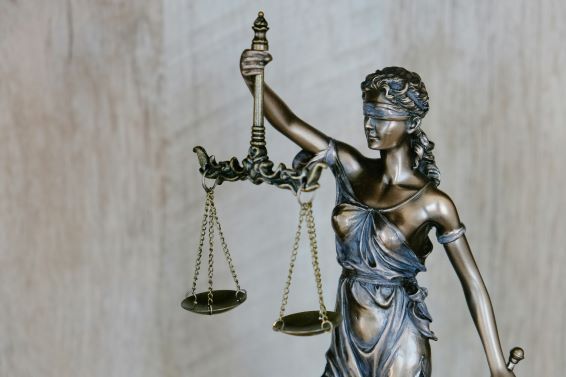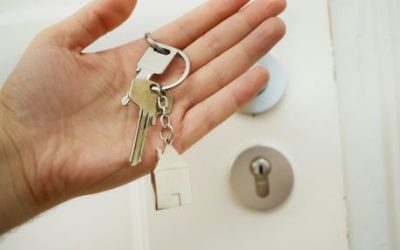Post-construction cleaning plays a vital role in transitioning a site from a construction zone to a livable, safe space. However, beyond dusting, vacuuming, and sanitizing, professional cleaning companies in Kenya must consider a range of legal and regulatory requirements before, during, and after cleaning. Understanding these legalities helps prevent fines, ensures worker safety, and promotes long-term client trust.
In this post, we explore the key legal considerations every cleaning service provider should understand when handling post-construction projects in Kenya.
1. Compliance with Occupational Safety and Health (OSH) Laws
Under Kenya’s Occupational Safety and Health Act (OSHA), 2007, all employers are required to maintain a safe work environment. This includes:
-
✔️ Providing personal protective equipment (PPE)
-
✔️ Training staff on handling hazardous substances (like silica dust, adhesives, etc.)
-
✔️ Conducting regular risk assessments at job sites
-
✔️ Reporting any injuries or health hazards to the Directorate of Occupational Safety and Health Services (DOSHS)
Why it matters:
Failure to follow OSHA guidelines can lead to legal penalties, project delays, or even suspension of business operations. Cleaning firms working on active construction sites are especially at risk due to exposure to leftover chemicals, electrical wiring, and unstable debris.
2. Environmental Compliance – NEMA Guidelines
Post-construction cleaning often generates waste, including:
-
Paint residues
-
Packaging materials
-
Plastic, cement, and metal scraps
Kenya’s National Environment Management Authority (NEMA) requires that such waste is:
-
Properly sorted
-
Disposed of at licensed facilities
-
Transported by NEMA-certified waste handlers
Tip:
Avoid burning or dumping construction waste in unauthorized areas—this can lead to hefty fines or permit revocation under the Environmental Management and Co-ordination Act (EMCA).
3. Contractual Liability and Insurance
Most post-construction cleaning jobs are governed by a contract. Cleaning companies must:
-
Clearly define scope of work
-
Set boundaries on what is and isn’t their responsibility
-
Specify timelines and payment terms
-
Include a clause on damage liability
Additionally, service providers must hold public liability insurance to protect against claims for:
-
Accidental property damage (e.g., broken windows)
-
Injuries to third parties (e.g., a subcontractor slipping on a wet floor)
Workers’ compensation insurance is also essential to cover cleaners in case of on-the-job injuries.
4. Employment Law Compliance
All staff engaged in post-construction cleaning must be employed under fair labor standards in line with:
-
Employment Act, 2007
-
Work Injury Benefits Act (WIBA)
-
Labour Institutions Act
Ensure that your company:
-
Pays at least the minimum wage set by the Ministry of Labour
-
Provides statutory benefits like NHIF and NSSF
-
Issues employment contracts or letters of engagement
Non-compliance can expose you to lawsuits from workers or investigations by the Labour Office.
5. Confidentiality and Data Security
Some commercial post-construction clients (e.g., banks, hospitals, or government buildings) may require non-disclosure agreements (NDAs). These are designed to protect:
-
Proprietary building layouts
-
Sensitive documents visible during cleaning
-
Surveillance systems and IT equipment
Signing and respecting NDAs is not just ethical—it’s also legally enforceable and crucial for long-term partnerships.
6. Licensing and Registration
To legally operate as a post-construction cleaning company in Kenya, you should:
-
Register with eCitizen and obtain a Business Registration Certificate
-
Apply for a Single Business Permit from your County Government
-
Register for KRA PIN and file taxes (including VAT, if applicable)
If bidding for large projects, you may also need:
-
NCA certification if you subcontract construction-related tasks
-
Proof of previous similar contracts for procurement compliance
7. Handling Hazardous Materials Legally
Cleaning after construction often means handling potentially hazardous substances such as:
-
Asbestos dust
-
Lead-based paints
-
Strong adhesives and solvents
Under Hazardous Waste Regulations (2006) and EMCA, companies must:
-
Identify hazardous materials in advance
-
Use proper PPE and training protocols
-
Engage licensed hazardous waste handlers
Improper handling can cause serious health issues and legal liability.
8. Client-Specific Legal Requirements
Some clients may impose additional legal or industry-specific standards. For instance:
-
Hospitals may require medical-grade disinfection in line with Ministry of Health protocols
-
Hotels may request compliance with hospitality hygiene standards
-
Construction firms may ask cleaners to sign off on site safety briefings
Always request documentation or written expectations from clients to avoid assumptions and legal disputes.
9. Tax and Financial Compliance
A legitimate cleaning company must:
-
File monthly VAT returns (if VAT-registered)
-
Submit annual returns to the Registrar of Companies
-
Maintain invoicing records in line with KRA requirements
Not adhering to tax obligations can result in audits, penalties, and blacklisting from public procurement opportunities.
10. Consumer Protection Compliance
Under the Consumer Protection Act, clients have a right to:
-
Quality service delivery
-
Accurate information about cleaning products used
-
Refunds or compensation if services are not rendered as promised
Transparent communication, professional documentation, and feedback handling go a long way in ensuring you stay on the right side of the law.
Conclusion: Clean Legally, Not Just Thoroughly
Post-construction cleaning may seem like a straightforward service, but it comes with significant legal implications. From OSHA compliance to contractual liabilities and waste management regulations, companies like Kejani Cleaning Services must operate with precision and legal awareness to thrive in Kenya’s competitive construction industry.
We not only provide top-tier post-construction cleaning but also ensure that every step is fully compliant with Kenyan laws and industry standards.
📞 Need Legal-Compliant Cleaning Services?
Trust Kejani Cleaning Services for post-construction cleaning that’s thorough, safe, and legal.
🌐 Visit: kejanicleaning.co.ke
📧 Email: info@kejanicleaning.co.ke
📞 Call: +254 115 887 085





0 Comments